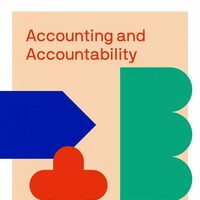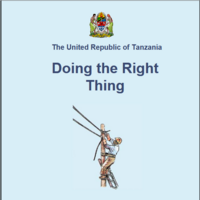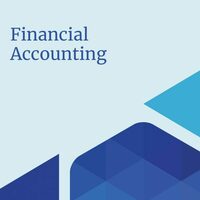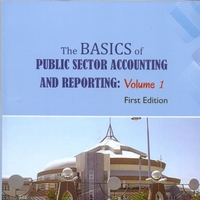Search
Books+
Searching 1,730 books
Search related to the career Auditor
An Auditor's Role and Responsibilities
An auditor is a professional who is responsible for examining and evaluating financial records, statements, and processes of an organization to ensure accuracy, compliance, and transparency. Their primary role is to provide an independent and objective assessment of an organization's financial health and operational efficiency. Here are some key responsibilities of an auditor:
1. Financial Statement Analysis: Auditors review financial statements, including balance sheets, income statements, and cash flow statements, to assess their accuracy and adherence to accounting principles.
2. Internal Control Evaluation: Auditors assess the effectiveness of an organization's internal control systems to identify any weaknesses or potential risks that may impact financial reporting.
3. Compliance Verification: Auditors ensure that an organization complies with applicable laws, regulations, and industry standards. They verify if financial transactions are conducted in accordance with legal requirements.
4. Risk Assessment: Auditors identify and evaluate potential risks that may affect an organization's financial stability or reputation. They develop strategies to mitigate these risks and improve overall risk management.
5. Audit Planning and Execution: Auditors plan and execute audit procedures, including collecting and analyzing financial data, conducting interviews, and performing tests to validate financial information.
6. Report Preparation: Auditors prepare detailed reports summarizing their findings, including any identified deficiencies, irregularities, or areas for improvement. These reports are shared with management, stakeholders, and regulatory bodies.
7. Recommendations and Consultation: Auditors provide recommendations and guidance to management on improving financial processes, internal controls, and risk management practices. They may also offer consultation on financial decision-making and strategic planning.
8. Continuous Professional Development: Auditors stay updated with the latest accounting standards, regulations, and auditing techniques through ongoing training and professional development activities.
Overall, auditors play a crucial role in ensuring the accuracy, reliability, and integrity of financial information, which enhances trust among stakeholders and contributes to the overall financial health and success of an organization.
Source: Various AI tools
Accounting
Books tagged accounting
Searched in English.















